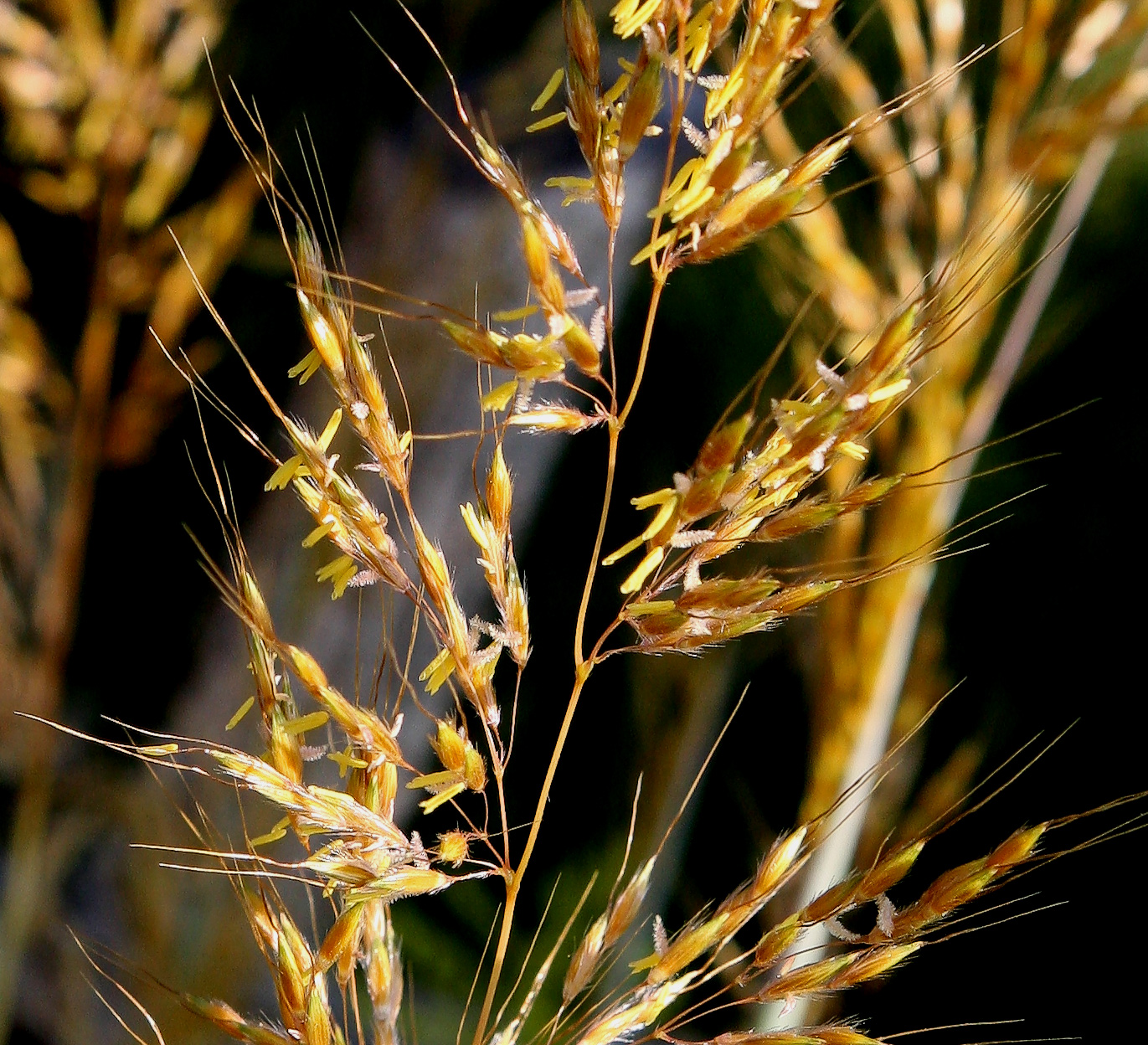|
Phaenospermateae
Phaenospermatae is a tribe of grasses, subfamily Pooideae, containing a single genus, ''Phaenosperma ''Phaenosperma'' is a genus of Asian plants in the grass family. The only known species is ''Phaenosperma globosum'', native to China (Anhui, Gansu, Guangxi, Hubei, Jiangsu, Jiangxi, Shaanxi, Sichuan, Taiwan, Tibet, Yunnan, Zhejiang), Japan, Kore ...''. The tribe previously included several other genera, which are now placed in a separate tribe, Duthieeae. References Pooideae Poaceae tribes Monotypic plant taxa {{Pooideae-stub ... [...More Info...] [...Related Items...] OR: [Wikipedia] [Google] [Baidu] |
Phaenosperma
''Phaenosperma'' is a genus of Asian plants in the grass family. The only known species is ''Phaenosperma globosum'', native to China (Anhui, Gansu, Guangxi, Hubei, Jiangsu, Jiangxi, Shaanxi, Sichuan, Taiwan, Tibet, Yunnan, Zhejiang), Japan, Korea, Assam, and Bhutan Bhutan (; dz, འབྲུག་ཡུལ་, Druk Yul ), officially the Kingdom of Bhutan,), is a landlocked country in South Asia. It is situated in the Eastern Himalayas, between China in the north and India in the south. A mountainous .... References Pooideae Monotypic Poaceae genera Flora of Asia {{Pooideae-stub ... [...More Info...] [...Related Items...] OR: [Wikipedia] [Google] [Baidu] |
Pooideae
The Pooideae are the largest subfamily of the grass family Poaceae, with about 4,000 species in 15 tribes and roughly 200 genera. They include some major cereals such as wheat, barley, oat, rye and many lawn and pasture grasses. They are often referred to as cool-season grasses, because they are distributed in temperate climates. All of them use the C3 photosynthetic pathway. The Pooideae are the sister group of the bamboos within the BOP clade, and are themselves subdivided into 15 tribes. Phylogeny Relationships of tribes in the Pooideae according to a 2017 phylogenetic In biology, phylogenetics (; from Greek φυλή/ φῦλον [] "tribe, clan, race", and wikt:γενετικός, γενετικός [] "origin, source, birth") is the study of the evolutionary history and relationships among or within groups o ... classification, also showing the bamboos as sister group: References External links Poaceae subfamilies {{Poaceae-stub ... [...More Info...] [...Related Items...] OR: [Wikipedia] [Google] [Baidu] |
Tribe (biology)
In biology, a tribe is a taxonomic rank above genus, but below family (biology), family and subfamily. It is sometimes subdivided into subtribes. By convention, all taxonomic ranks from genus upwards are capitalized, including both tribe and subtribe. In zoology, the standard ending for the name of a zoological tribe is "-ini". Examples include the tribes Goat-antelope#Tribe Caprini, Caprini (goat-antelopes), Hominini (hominins), Bombini (bumblebees), and Thunnini (tunas). The tribe Hominini is divided into subtribes by some scientists; subtribe Hominina then comprises "humans". The standard ending for the name of a zoological subtribe is "-ina". In botany, the standard ending for the name of a botanical tribe is "-eae". Examples include the tribes Acalypheae and Scilloideae#Hyacintheae, Hyacintheae. The tribe Hyacintheae is divided into subtribes, including the subtribe Massoniinae. The standard ending for the name of a botanical subtribe is "-inae". In bacteriology, the form ... [...More Info...] [...Related Items...] OR: [Wikipedia] [Google] [Baidu] |
Poaceae
Poaceae () or Gramineae () is a large and nearly ubiquitous family of monocotyledonous flowering plants commonly known as grasses. It includes the cereal grasses, bamboos and the grasses of natural grassland and species cultivated in lawns and pasture. The latter are commonly referred to collectively as grass. With around 780 genera and around 12,000 species, the Poaceae is the fifth-largest plant family, following the Asteraceae, Orchidaceae, Fabaceae and Rubiaceae. The Poaceae are the most economically important plant family, providing staple foods from domesticated cereal crops such as maize, wheat, rice, barley, and millet as well as forage, feed for meat-producing animals. They provide, through direct human consumption, just over one-half (51%) of all dietary energy; rice provides 20%, wheat supplies 20%, maize (corn) 5.5%, and other grains 6%. Some members of the Poaceae are used as building materials (bamboo, thatch, and straw); others can provide a source of bi ... [...More Info...] [...Related Items...] OR: [Wikipedia] [Google] [Baidu] |
Duthieeae
Duthieeae is a tribe of grasses, subfamily Pooideae The Pooideae are the largest subfamily of the grass family Poaceae, with about 4,000 species in 15 tribes and roughly 200 genera. They include some major cereals such as wheat, barley, oat, rye and many lawn and pasture grasses. They are often ..., containing eight genera. References Pooideae Poaceae tribes {{Pooideae-stub ... [...More Info...] [...Related Items...] OR: [Wikipedia] [Google] [Baidu] |
Poaceae Tribes
Poaceae () or Gramineae () is a large and nearly ubiquitous family of monocotyledonous flowering plants commonly known as grasses. It includes the cereal grasses, bamboos and the grasses of natural grassland and species cultivated in lawns and pasture. The latter are commonly referred to collectively as grass. With around 780 genera and around 12,000 species, the Poaceae is the fifth-largest plant family, following the Asteraceae, Orchidaceae, Fabaceae and Rubiaceae. The Poaceae are the most economically important plant family, providing staple foods from domesticated cereal crops such as maize, wheat, rice, barley, and millet as well as feed for meat-producing animals. They provide, through direct human consumption, just over one-half (51%) of all dietary energy; rice provides 20%, wheat supplies 20%, maize (corn) 5.5%, and other grains 6%. Some members of the Poaceae are used as building materials (bamboo, thatch, and straw); others can provide a source of biofuel, prima ... [...More Info...] [...Related Items...] OR: [Wikipedia] [Google] [Baidu] |
